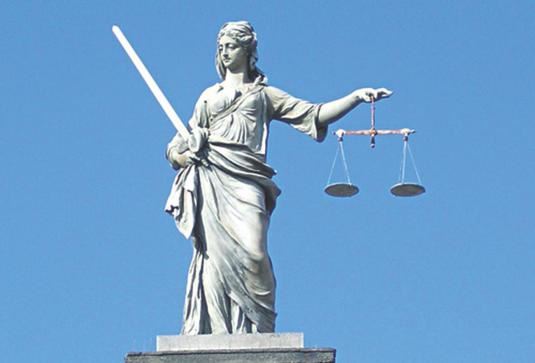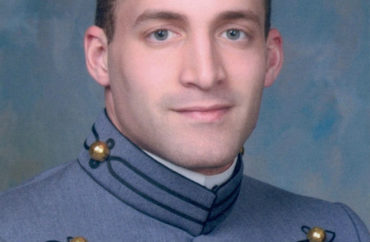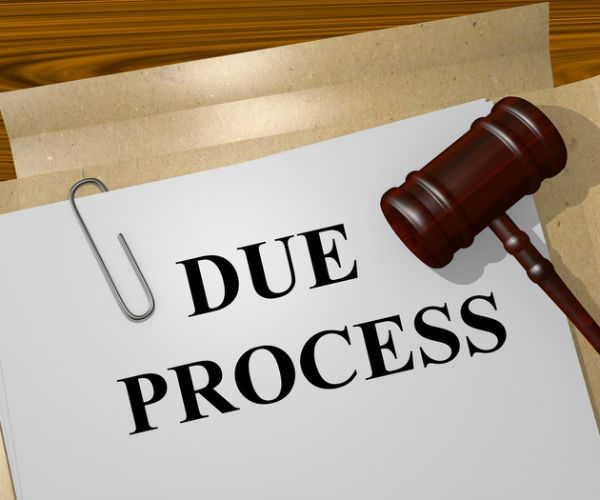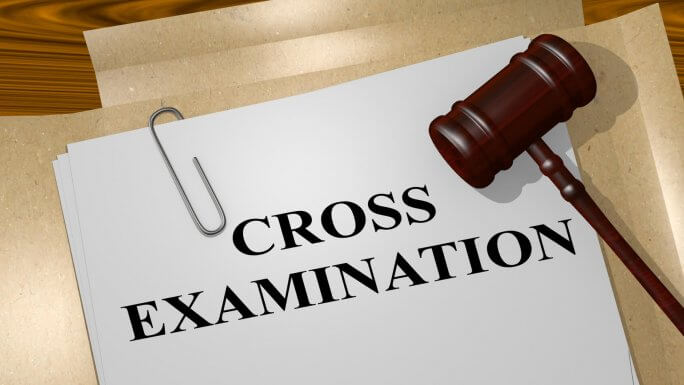VICTIM-CENTERED Investigations in Title IX Disciplinary Proceedings: A Litigator’s Perspective
Since 2011, I have represented upwards of 100 falsely accused students in Title IX disciplinary procedures at universities across America. I also have filed over 20 lawsuits against Universities that erroneously suspended or expelled students who were alleged to have engaged in sexual misconduct. These lawsuits have a common thread shared by hundreds of other lawsuits, including two by parents of students who committed suicide. That common thread is the denial of basic due process protections that any person accused of sexual misconduct in America would expect. These lawsuits document how basic due process protections have been removed by University investigators and adjudicators who stack the deck in favor of accusing students. I want to provide two examples how Start By Believing training programs have caused college investigators and adjudicators to violate our most fundamental ideas of due process, by excluding evidence that proves the accusing students’ allegations are false.
In the first case, a hearing panel of university employees rejected every one of the 264 cross-examination questions that the accused student sought to ask his accuser and the university’s witnesses, even though the university’s handbook allowed for such questions. When asked why the panel didn’t ask any of the 264 questions, the hearing panel admitted, The questions didn’t matter because the answers would not change their mind that the accused student was guilty.
In a second case, a student was accused of engaging in sexual misconduct. During the course of the investigation he presented: 1. Polygraph expert testimony that he never engaged in the sexual misconduct alleged. 2. Toxicologist expert testimony that proved it was impossible for the accusing student to have been in the incapacitated state she claimed was in when she engaged sexually with the accused student. Nonetheless, the university panel refused to ask any of the cross-examination questions that the accused student proposed. The hearing panel later found him “responsible” and suspended him. Why did a hearing panel that was charged with administering justice in a fair and impartial way reject facts proving the accused student was innocent?
My experience pointed to one very clear conclusion: that no amount of evidence was going to change their predetermined position that they must believe the accusing student.
saveservices– Attorney Eric Rosenberg











